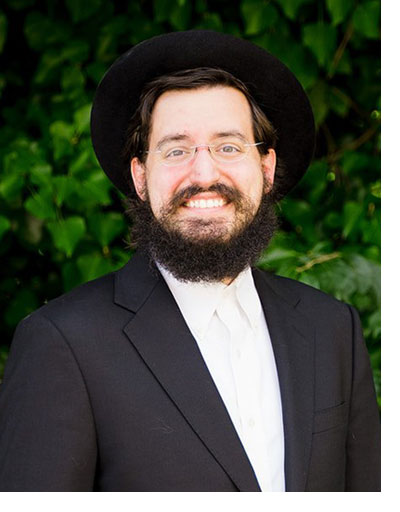 Caleb Robinson is the HR liaison for the Bureau of International Labor Affairs. Before joining the bureau, Caleb worked in the Department of the Navy’s Office of Civilian Human Resources. He has also worked in various agencies within the Department of Labor as a special assistant, administrative officer, and law librarian. A public-school English teacher and librarian before joining the federal government, Caleb has a master’s degree in Education and a bachelor’s degree in English from East Tennessee State University. A thirteen-year resident of DC who recently moved to the Bronx, he enjoys reading, spending time with his husband, and teaching 2nd and 3rd grade in a local Hebrew school.
Caleb Robinson is the HR liaison for the Bureau of International Labor Affairs. Before joining the bureau, Caleb worked in the Department of the Navy’s Office of Civilian Human Resources. He has also worked in various agencies within the Department of Labor as a special assistant, administrative officer, and law librarian. A public-school English teacher and librarian before joining the federal government, Caleb has a master’s degree in Education and a bachelor’s degree in English from East Tennessee State University. A thirteen-year resident of DC who recently moved to the Bronx, he enjoys reading, spending time with his husband, and teaching 2nd and 3rd grade in a local Hebrew school.
- You have a unique background. Could you share how your intersectionality shapes you as a professional?
There are definitely days when I feel like an “odd duck” in the federal government. If you look at the simple labels, I’m a gay, autistic, religiously observant Jew, which creates many intersecting challenges and opportunities. I’m also a first-generation college student, a Southerner, and a “preacher’s kid,” which, while not being labels that get checked in a diversity audit, give me a very different background from a lot of my coworkers. For me, my own complex identity serves as a constant reminder that no one fits into easy boxes or categories – we’re all just people trying to do the best job we can. - Neurodiversity is gaining recognition as an asset in the workplace. How do you think agencies like ILAB benefit from “diversity of thought”? How about employees with disabilities?
I know, for me, my neurodiversity often feels like a superpower. I read at a prodigious rate (200-300 novels a year), am good with recalling concrete facts and figures, and can stare at an Excel sheet for hours without feeling the need to come up for air. I’m very lucky to have started at the Department of Labor early in my career and to have had friends and mentors who helped me shape a career path that capitalizes on my strengths. I know that federal agencies benefit from diversity of thought and including individuals with disabilities because I get to live it every day. Bringing in folks from different perspectives and backgrounds gives us a chance to discover new strengths and new approaches. - Speaking as ILAB’s Human Resources guru, what ways can HR specialists and managers approach traditional challenges with thinking-outside-the-box solutions? Any examples?
I believe HR, when it’s done right, is always about unorthodox solutions; because we work with people, everything we do has to constantly adapt and change. As ILAB’s HR liaison, I get a daily, front-row seat to the ways the amazing people in the department’s Office of Human Resources work with us to devise novel solutions to unique situations. For me personally, I’m always looking for ways to get as much bang for the taxpayer’s buck as possible. When I look at ILAB’s recruitment strategy, for example, I’m always looking at groups like individuals with disabilities, veterans, and disabled veterans because they’re an amazing talent pool that remains underutilized. These are people who bring so much life experience along with career experience to the job, and it’s really rewarding to see them blossom and succeed here. - What advice would you give professionals in the HR space to strengthen their organizations?
We have to remember to put people first. I’ll be honest, when you’re looking at a payroll spreadsheet with hundreds of names or conducting your 200th interview of the year, it can be easy to let people become just names on a page. I think, as HR professionals, we have to constantly step back from the big data and remind ourselves that every job offer we extend means someone has a chance at meaningful employment and every timecard we close means someone gets to buy someone else a birthday present or an engagement gift. Focusing on the people, and remembering that they’re all real, live people, helps fight burnout in our own work and lets us set up everyone else in our organization for success.
